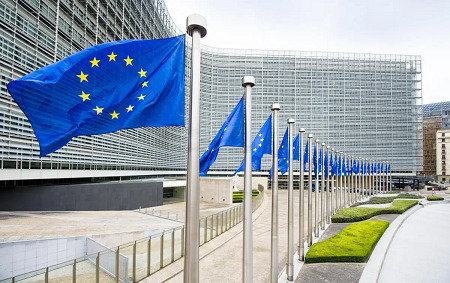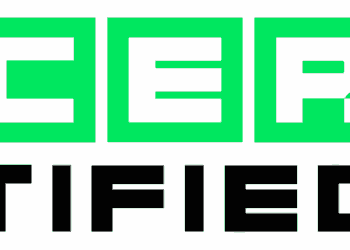The European Union is making significant progress towards implementing the AI Act, which is poised to become the world’s first comprehensive legislation governing the use of AI technology.
On May 11, 2023, European legislators approved a stricter draft of legislation that aims to regulate various aspects of artificial intelligence tools. The proposed bill encompasses regulations on facial recognition, biometric surveillance, and other AI applications.
The primary objective of the bill is to establish a proportional governance framework for AI, promote innovation and economic growth, and protect civil rights. Under the proposed regulations, AI tools will be categorized based on their perceived level of risk, and governments and companies will be subject to different obligations accordingly.
In a notable move, Members of the European Parliament (MEPs) agreed to ban certain AI tools in public spaces, such as facial recognition and predictive policing. The new rules will also introduce transparency measures for generative AI applications, including OpenAI’s ChatGPT.
This bill is being hailed as a significant milestone in AI regulation, with a clear focus on prioritizing fundamental rights. Kim van Sparrentak, an MEP from the Green Party, emphasized the importance of AI serving the interests of people, society, and the environment rather than the other way around.
Svenja Hahn, a German MEP, expressed her belief that a successful compromise has been achieved, and the proposed regulations will ensure proportional AI regulation, foster innovation, and economic growth, and safeguard civil rights.
The proposed bill will now proceed to a plenary vote in the European Parliament in June. Subsequently, representatives from the European Parliament, the European Commission, and the Council of the European Union will engage in trilogue negotiations to reach a consensus on the final version of the legislation. Once agreed upon, concerned parties will have approximately two years to comply with the proposed regulations.
Given the increasing public interest in AI and its impact on people’s lives, there is a growing expectation for governments to take decisive action. Caterina Rodelli, an EU policy analyst from Access Now, highlighted the importance of the European Parliament taking a firm stance during the trilogue negotiations to safeguard the rights of all individuals within or entering the EU.
In a related development, the proposed Markets in Crypto-Assets Act (MiCA) recently underwent its final vote in the European Parliament, following its initial proposal in 2020. The regulation will be formally established once approved by the members of the European Council.
If you want to read more news articles like this, visit DeFi Planet and follow us on Twitter, LinkedIn, Facebook, Instagram, and CoinMarketCap Community.
“Take control of your crypto portfolio with MARKETS PRO, DeFi Planet’s suite of analytics tools.”





















